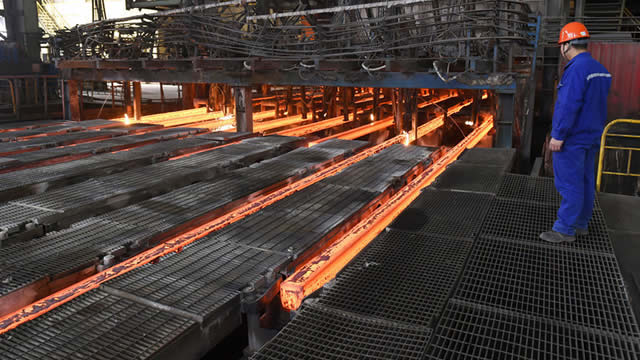Topline
U.S. Steel and Japan’s Nippon Steel have filed a federal lawsuit challenging President Joe Biden’s decision last week to block a $14.9 billion merger between the two, the companies announced on Monday, in a last-ditch effort to save a deal that has faced political opposition both from top Democrats and Republicans, including President-elect Donald Trump.
The U.S. Steel Clairton Coke Plant in Clairton, Pennsylvania in March.
Key Facts
In a press release, the companies said they had filed a suit with the D.C. Circuit Court of Appeals requesting the court to “set aside” the Committee on Foreign Investment in the United States (CFIUS) review process of the merger and Biden’s blocking order.
The companies alleged violation of their “constitutional due process and statutory rights” by Biden and CFIUS—the panel that reviews all foreign investments for potential national security and economic impacts.
The companies also accused Biden of using “undue influence to advance his political agenda,” arguing Biden tried to gain favor with the leadership of the United Steelworkers union, which has opposed to the deal.
The two companies said they separately filed suit against the union’s president and competing steelmaker Cleveland-Cliffs, which also tried to buy U.S. Steel with the union’s backing, alleging they engaged in “anticompetitive and racketeering activities illegally designed to prevent any party other than Cliffs from acquiring U. S. Steel.”
Biden announced his decision to block the deal Friday morning: “U.S. Steel will remain a proud American company—one that’s American-owned, American-operated, by American union steelworkers—the best in the world.”
Biden cited the importance of protecting American steelworkers and national security as reasons for his decision.
Crucial Quote
Biden felt it was his “responsibility to block foreign ownership of this vital American company” as “this acquisition would…create risk for our national security and our critical supply chains,” according to the statement.
Key Background
A bastion of American capitalism, U.S. Steel was founded 1901 by legendary industrialists Andrew Carnegie, J.P. Morgan and Charles Schwab, becoming the first ever U.S. company worth at least $1 billion soon thereafter. Over the course of the 20th century, the Pittsburgh-based metal maker lost its footing as one of the signature American companies as the American steel industry floundered.
Why U.s Steel Deal Matters
U.S. Steel warns it could move its company headquarters away from Pittsburgh and “thousands of good-paying union jobs” are at risk without the Nippon takeover, an assertion seemingly at odds with Biden’s self-appointed honorific of the “most pro-union president ever.” The deal had critics across the political spectrum, as President-elect Donald Trump supports blocking the steel merger, writing last month on his Truth Social social media platform: “I am totally against the once great and powerful U.S. Steel being bought by a foreign company.”
Tangent
The federal government’s Committee on Foreign Investment in the United States failed to meet a consensus recommendation on the Nippon Steel takeover in a decision released Dec. 23, giving Biden 15 days to decide whether or not to approve the deal. The $55 per share price tag for U.S. Steel represented a 40% premium from its $39 share price just ahead of the 2023 merger announcement, a fairly typical premium for mergers and acquisition activity. U.S. Steel stock rallied 25% to about $50 shortly after the news of its intended sale, but fell below its pre-sale price by this fall as reports indicated the fate of the deal was in question.
Financial Market Newsflash
No financial news published today. Check back later.










